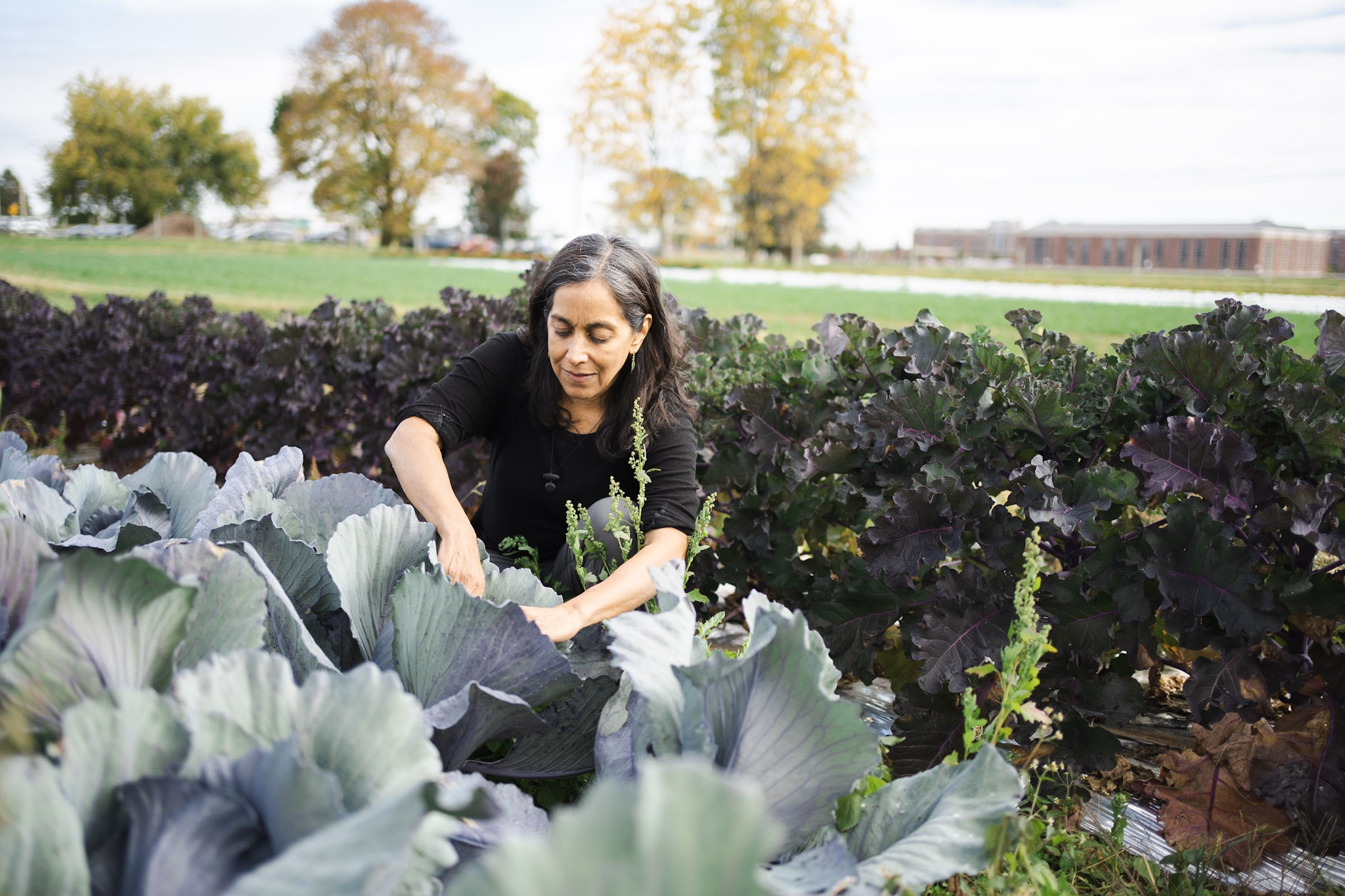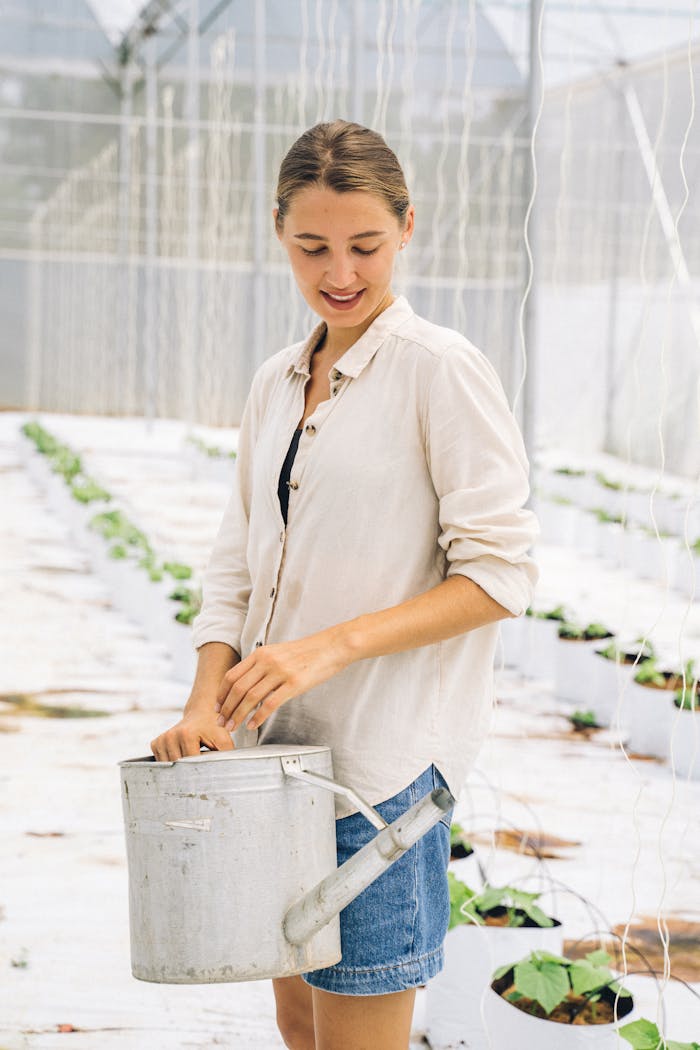Dreaming of starting your own organic farm? You’re not alone. As awareness of clean food and ecological farming grows, more individuals and families are embracing the organic lifestyle — not just as consumers, but as producers. At N2OUTTERGROWTH LLC, we’ve helped dozens of farms get started from scratch. Here’s our proven, step-by-step roadmap.
Step 1: Define Your Vision and Market
Start by answering key questions:
- What will you grow? (Vegetables, herbs, fruits, specialty crops?)
- Who is your customer? (Farmers’ markets, restaurants, wholesalers, online?)
- What scale will you operate at?
A clear vision helps guide all future decisions — from land size to certification.
Step 2: Select and Prepare Your Land
Choose land with good sunlight, drainage, and minimal contamination. Avoid sites with heavy pesticide history unless you plan significant remediation.
Our team helps with:
- Soil testing and fertility mapping
- Topography assessment
- Irrigation planning
- Permaculture-inspired design
Step 3: Build Your Soil Naturally
Before planting, the priority is building up soil organic matter and microbial life. We recommend:
- Applying compost or well-rotted manure
- Planting cover crops (like rye or clover)
- Mulching to suppress weeds and retain moisture
- Avoiding synthetic inputs entirely
Step 4: Choose the Right Crops
Begin with crops that suit your climate and skill level. Leafy greens, tomatoes, cucumbers, and herbs are great for beginners.
Our agronomists at N2OUTTERGROWTH LLC help design diverse, resilient planting schedules that optimize yields while improving soil health.
Step 5: Implement Natural Pest Management
Organic farms can thrive without chemicals. Some proven strategies include:
- Companion planting (e.g., basil near tomatoes)
- Introducing beneficial insects
- Crop rotation
- Physical barriers like row covers
We offer pest diagnostics and integrated pest management (IPM) plans tailored to your region.
Step 6: Get Certified (If Needed)
Not all organic farms are certified, but if you plan to sell under an “organic” label, certification may be required.
We support clients through the entire process:
- Record keeping systems
- Organic input documentation
- Audit preparation
- Annual renewal guidance
Step 7: Learn and Grow
Farming is continuous learning. Join local co-ops, attend webinars, and stay in touch with experts like us.
We offer ongoing training programs, field support, and seasonal assessments to help you adapt and improve.


